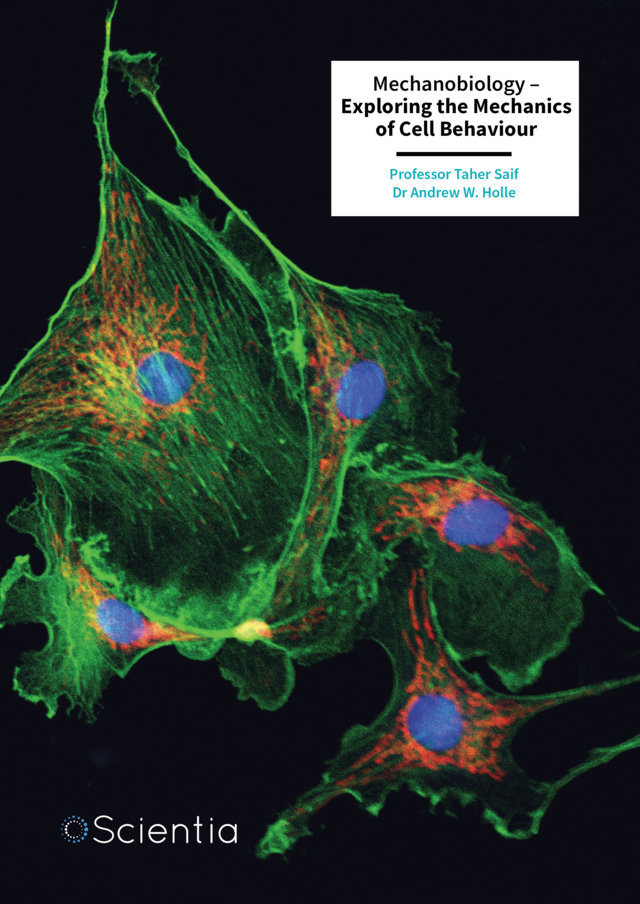Cardiovascular disease remains a leading cause of death globally. Atherosclerosis, the hardening and narrowing of arteries, is the primary underlying cause. The endothelium, a single layer of cells lining blood vessels, plays a crucial role in vascular health and disease. Disrupted endothelial function can lead to serious conditions such as thrombosis and hypertension and facilitates atherosclerotic plaque development. Interestingly, researchers have shown that alcohol has a complex relationship with cardiovascular health, displaying both protective and harmful effects depending on the dose. The work of Professor Eileen Redmond and her team at the University of Rochester Medical Center offers valuable insights into the nuanced role of alcohol in endothelial function. More
Researchers have understood for a while that the relationship between alcohol consumption and atherosclerotic cardiovascular disease is largely dictated by the pattern of drinking; both the quantity of alcohol consumed, and the frequency of consumption must be taken into consideration. In general, heavy alcohol consumption and binge drinking increase the risk of atherosclerosis and associated cardiovascular complications, whereas frequent low-to-moderate consumption is protective against such disease. However, the mechanisms underlying this complicated relationship are not fully understood.
To address this, Redmond’s recent research focused on the protective mechanisms of moderate alcohol exposure in endothelial cells. Her 2021 study found that moderate alcohol protects against the action of the pro-atherogenic protein ‘serum amyloid A1’ (or SAA1 for short) in causing endothelial dysfunction. Specifically, SAA1 caused the endothelial monolayer to be more leaky and sticky, allowing monocytes to adhere to it.
It also caused the endothelium to produce more reactive oxygen species and inflammatory cytokines such as interleukin-6 and interferon-gamma. However, co-treatment with alcohol at moderate levels completely prevented these SAA1-induced pro-atherogenic changes. The study found that this protective effect of moderate alcohol on the endothelium was mediated in part through activation of the Notch signaling pathway, and in part through Notch-independent mechanisms.
The Notch pathway is crucial for regulating cell differentiation, proliferation, and apoptosis, and its stimulation by moderate alcohol exposure appears to maintain endothelial cells in a non-activated beneficial state. This state is characterized by reduced inflammatory responses and enhanced barrier function, which are essential in preventing atherosclerosis. The research demonstrated that moderate alcohol exposure led to increased activation of the Notch pathway in endothelial cells, enhancing the production of nitric oxide, a molecule vital for vascular health. Nitric oxide promotes vasodilation, reduces blood pressure, and inhibits platelet aggregation, all of which contribute to a lower risk of cardiovascular events.
In this study, Redmond and her team employed both in vitro and in vivo models to unravel the protective effects of moderate alcohol levels. In vitro experiments using cultured human endothelial cells revealed that moderate alcohol exposure upregulated the activity of eNOS, the enzyme responsible for nitric oxide production. This upregulation was accompanied by a reduction in markers of inflammation and oxidative stress. Additionally, in vivo studies in mice demonstrated that daily moderate alcohol consumption (two drink per day equivalent) improved endothelial function and reduced the formation of atherosclerotic lesions in carotid arteries, compared with ‘no-alcohol’ controls. These findings provide a mechanistic basis for the cardiovascular benefits associated with moderate alcohol consumption as reported in many epidemiological and population studies.
Conversely, Redmond’s 2023 study delved into the effects of high dose alcohol, such as that achieved during heavy binge drinking, on the endothelium. This research illustrated a stark contrast, whereby alcohol at high levels caused endothelial dysfunction. Specifically, high level alcohol exposure did not stimulate homeostatic Notch signaling; it decreased endothelial barrier integrity, elevated inflammatory cytokine and reactive oxygen species, and increased cell adhesion molecule expression and the attachment of monocytes to the endothelial monolayer. As mentioned previously, all these changes are pro-atherogenic and increase the risk of cardiovascular disease. In addition, the researchers found that acetaldehyde, the primary breakdown product of alcohol in the body, similarly causes endothelial dysfunction suggesting a significant role for this metabolite in alcohol-related vascular damage.
Taken together, these studies highlight the critical importance of alcohol dose. The data suggest that while alcohol in moderation can be protective, increased levels of drinking negate these benefits and cause endothelial damage leading to vessel disease that may ultimately result in heart attacks and strokes.
From a public health perspective, these findings highlight the importance of emphasizing alcohol moderation in targeted educational campaigns. For clinicians, these insights can help to inform tailored advice for patients. For instance, individuals with a family history of cardiovascular disease or existing risk factors might need stricter guidelines regarding alcohol consumption.
The research also opens avenues for further investigation. Understanding the molecular mechanisms underlying the ‘double-edged sword’ effects of alcohol could lead to the development of targeted therapies that either mimic the benefits of moderate alcohol consumption, or mitigate the harmful effects of heavy consumption. Additionally, exploring the role of genetic and environmental factors in modulating the effects of alcohol on endothelial function could provide insights into personalized approaches to cardiovascular disease prevention and treatment.
Redmond’s research significantly advances our understanding of how alcohol affects cardiovascular health. By revealing the biphasic effects of alcohol on endothelial function, these results provide a nuanced perspective that highlights the importance of moderation. These insights not only contribute to scientific knowledge but also have practical implications for dietary guidelines and public health policies aimed at reducing the burden of cardiovascular disease.







